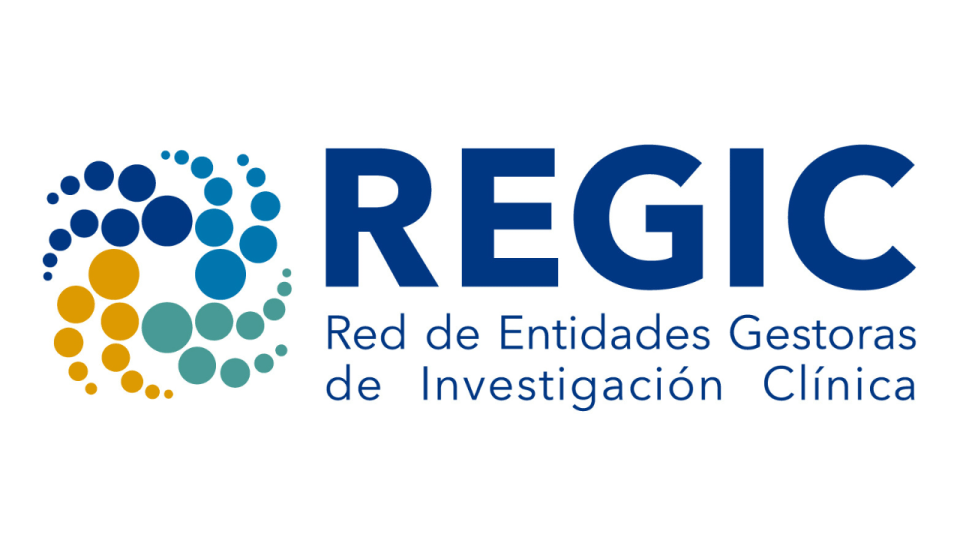“The concept of liver health and the definition that we propose can be used as a starting point for creating preventive strategies and also to assess and monitor liver health. This could help reduce the huge burden that chronic liver disease places on healthcare systems worldwide", explains Pere Ginès, leader of the article and senior consultant in the Hepatology Service at the Clínic, professor of medicine at the University of Barcelona and head of the IDIBAPS Chronic Liver Diseases: Molecular Mechanisms and Clinical Consequences research group and head of CIBEREHD group.
Why is it important to define the concept of liver health?
In recent years, there has been a growing awareness of the heavy burden that liver diseases represent worldwide. It accounts for more than 2 million deaths annually, and is responsible for 4% of all deaths. All this involves a very significant cost for healthcare systems. In the United States for 2016 alone, for example, the cost of treating liver disease was USD 32.5 billion. It is therefore very important to start focusing on the prevention of these diseases.
Epidemiological studies have shown that eliminating the factor(s) causing liver damage is sufficient to stop the inflammation, prevent the progression of fibrosis and even, in some cases, reverse it. Therefore, some liver diseases can be prevented by eliminating risk factors. A clear definition of what liver health means and the risk factors involved is crucial for carrying out this prevention, and especially if we bear in mind that many of these factors are unhealthy habits that we can reverse.
Definition of liver health
The definitions of cardiovascular or brain health, formulated a long time ago, are based on the combination of healthy behaviour together with the absence of known diseases. In this study, the team of experts followed the same guidelines and presented 10 components grouped into 5 dimensions that define the concept of liver health:
Firstly, the absence of known liver diseases is presented as one of the main components of the definition of liver health.
In parallel, the study defines a series of healthy behaviours that promote liver health. Firstly, physical activity and a healthy diet, since they prevent obesity and the accumulation of fat in the liver, both factors that have long been linked to chronic liver disease. Moreover, the moderate consumption of or total abstinence from alcohol form part of the definition of liver health. Although it is not yet clear whether there is a safe minimum level of alcohol consumption, it has been shown that over 7 units per week in women and 14 in men represent an exponential increase in the risk of liver damage.
Additionally, a normal body mass index and normal blood glucose levels are also considered healthy factors in this study. There is ample evidence that high body weight is associated with the accumulation of fat in the liver and, consequently, with liver disease. Likewise, there is a strong relationship between diabetes and liver disease, and 55% of people with diabetes have liver damage.
The study also defines three basic analytical parameters for determining liver health: aspartate aminotransferase, alanine aminotransferase and gamma-glutamyl transpeptidase, commonly known by their respective acronyms, AST, ALT and GGT. An increase in the levels of these parameters is usually indicative of inflammation and liver damage. Therefore, their normal levels are another component of liver health.
Finally, the last component that the researchers include in the concept of liver health is the lack of evidence of fibrosis, in other words, that there is no scarring in the liver. There are different non-invasive methods to assess the existence of fibrosis in the liver. The study recommends the use of the so-called “LiverRisk score”, which is made up of 6 simple analytical parameters plus age and sex. This “score” can be calculated simply and free of charge via the following link.
Study reference:
Ginès P, Guha IN, Fabrellas N, Allen AM, Angeli P, Serra-Burriel M; LiverScreen Consortium investigators. Liver Health: An Emerging Concept. Gastroenterology. 2025 Feb 3:S0016-5085(25)00336-1. doi: 10.1053/j.gastro.2024.12.039. Epub ahead of print. PMID: 39909131.




